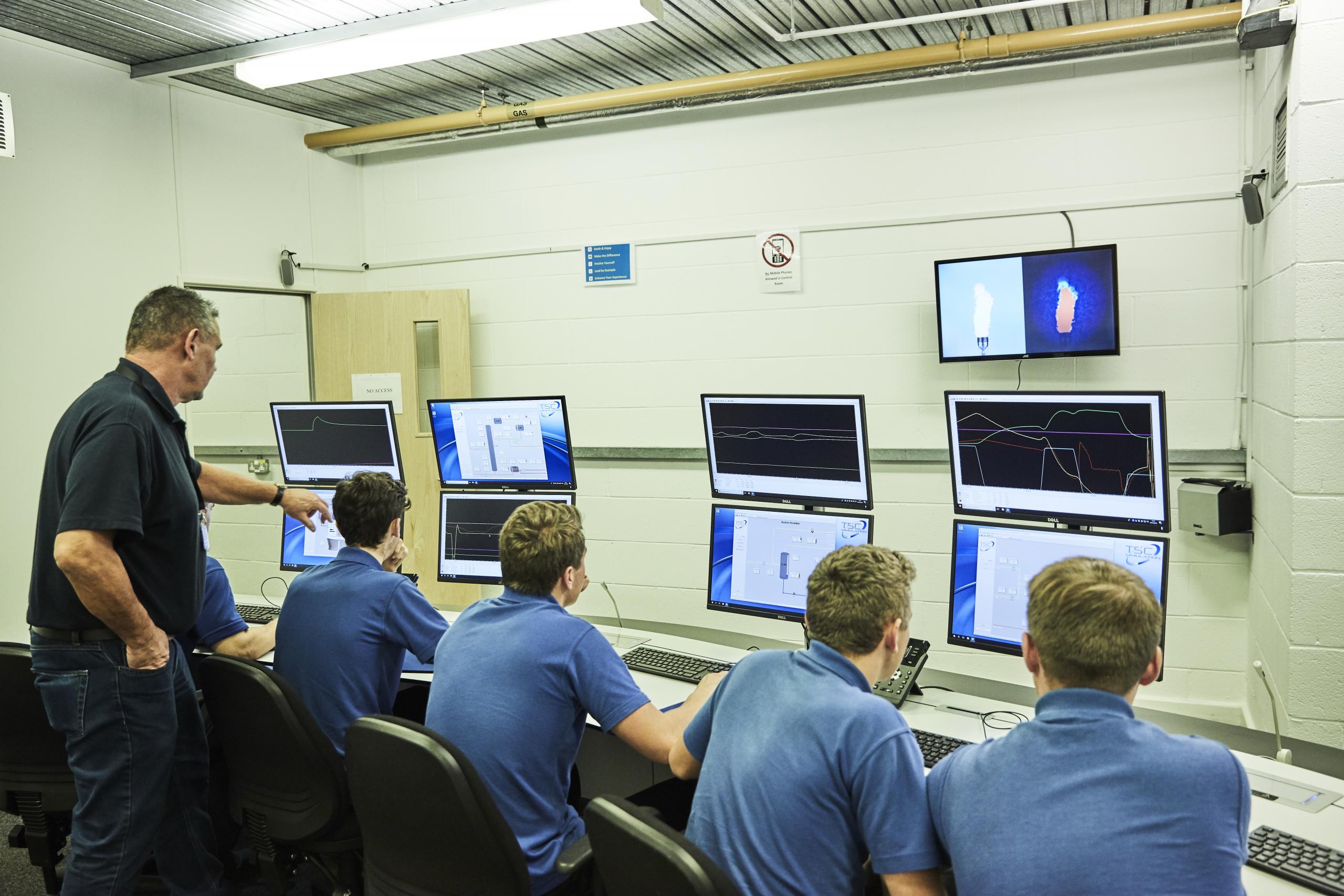
Undergoing training as an adult is essentially about self-improvement – not waiting for things to come to you but going out and finding them. Adult training is also about career development, understanding your interests, nurturing your talents and skills, stretching and challenging yourself which can make your chosen career a successful one.
Career development can be a lifelong process of learning and decision making – a process of exploration of yourself, identifying your goals and working towards them.
And learning is, of course, not just something that young people do, it’s a lifelong necessity and many people might only be interested and successful in gaining education and skills after school.
Training and development provide the individual and the organisations they work for, or hope to work for, a host of benefits. For the former that can mean achievement, job satisfaction and job security, happiness, a career path or progression, better pay and more responsibility.
For the latter it can mean greater expertise in the workforce, improved employee performance, improved motivation and productivity, reduced staff turnover and a better reputation and profile. For both it’s clearly a worthwhile investment in time and money.
Take Joe Caswell, for example. After university, the 24-year-old landed himself a job in a national accountancy firm, saved up for a year and then went travelling with the plan to land in Australia and stick around there for two years.
Halfway through his trip, just as he arrived in a Filipino island paradise, Covid-hit and he was locked down for five weeks. When he finally managed to return to the UK it was time for him to reassess.
“Coronavirus scuppered my plans so I had to think ‘what next’? I have a degree in sports science and have played elite sport, but what could I do with that? I have been mulling over a career in sports finance or business, which interests me, but to achieve that I would need some more training.
“I signed up and paid for a three-month Investment Analysis Diploma Level 4, which included an internship with a financial services company who provided a mentor and real-life tasks. Halfway through I started applying for jobs. I was lucky enough to be picked out by a global financial services firm who were impressed by my commitment to self-improvement and my drive to get on, as well as my qualifications.”
Six months into the job and Joe is again undergoing more training. He said: “I’m learning a lot on the job obviously, but even though I am still new to my role I have signed up to study for an Investment Foundations certificate in my own time to help me stand out at work, to bring new skills to my employer and realise my own ambition in the future.”
It seems clear to Joe that he believes further training helped him enter his chosen industry and now, established in it, will give him an edge and, making himself more competitive.
The bottom line is that investing in training makes a person more skilled and therefore more employable or more promotable, offering greater job mobility within an industry or helping to forge a new career elsewhere.
Hunt around and there are innumerable motivational quotes from the great and the good, the academics, the inventors, the industrialists, the tycoons and the politicians, but none can be more succinct and anticipating of discovery than a 24-year-old’s: “what next?”
